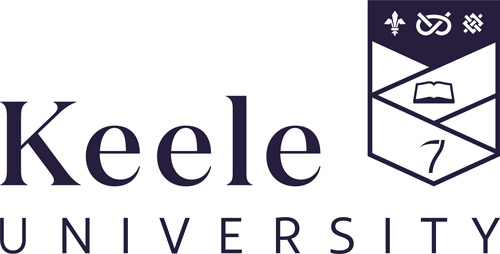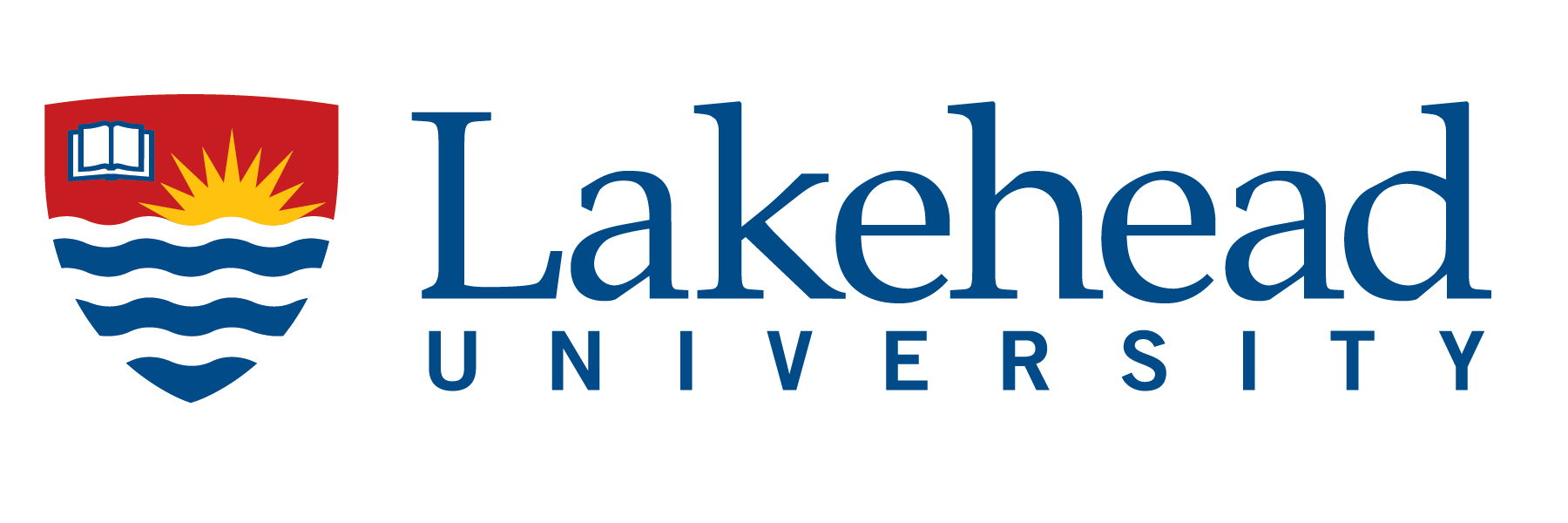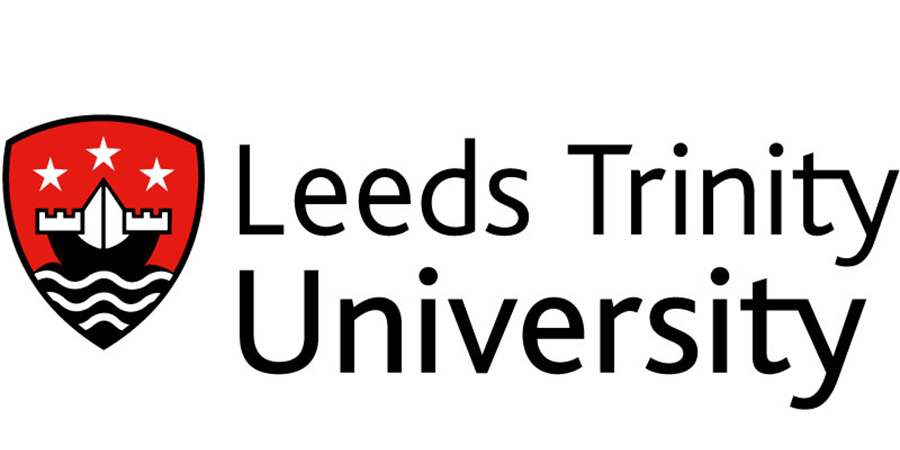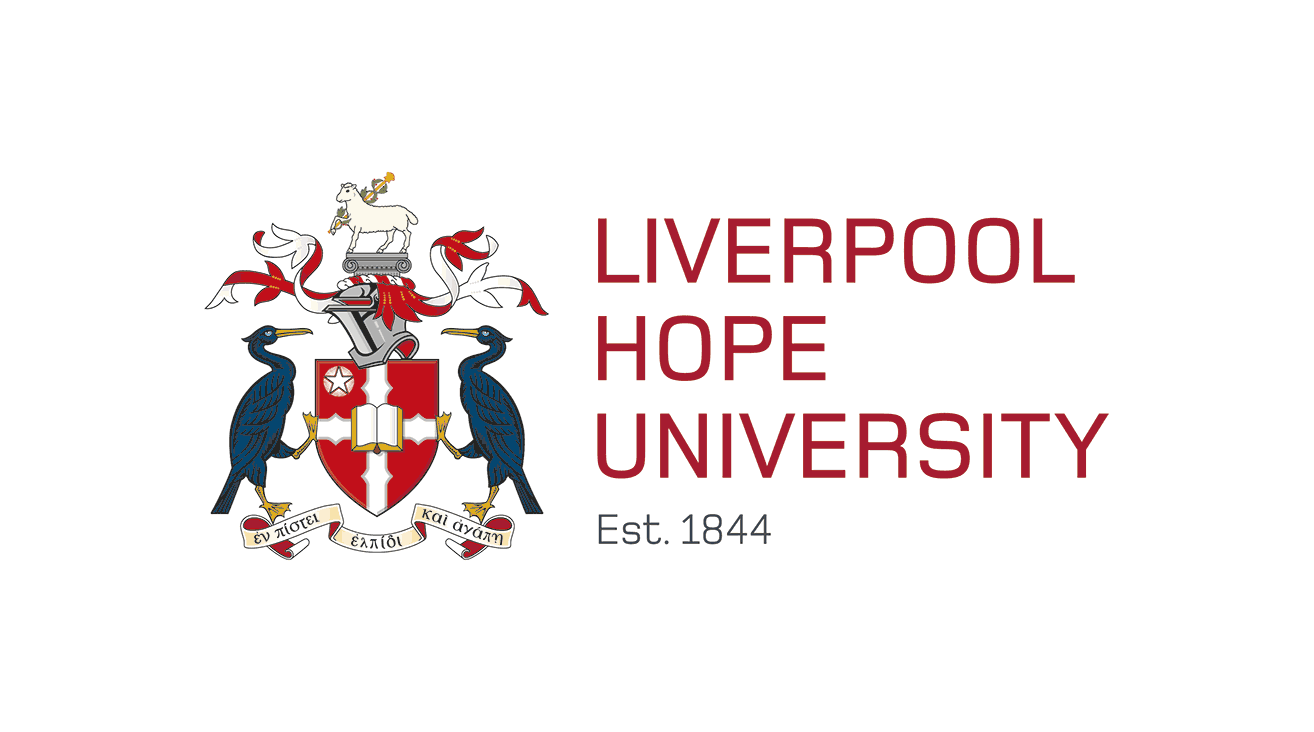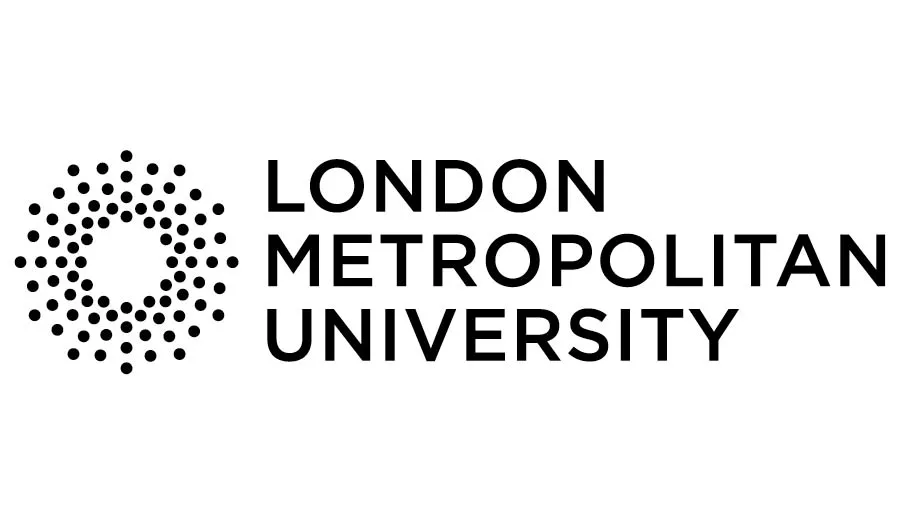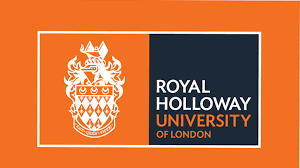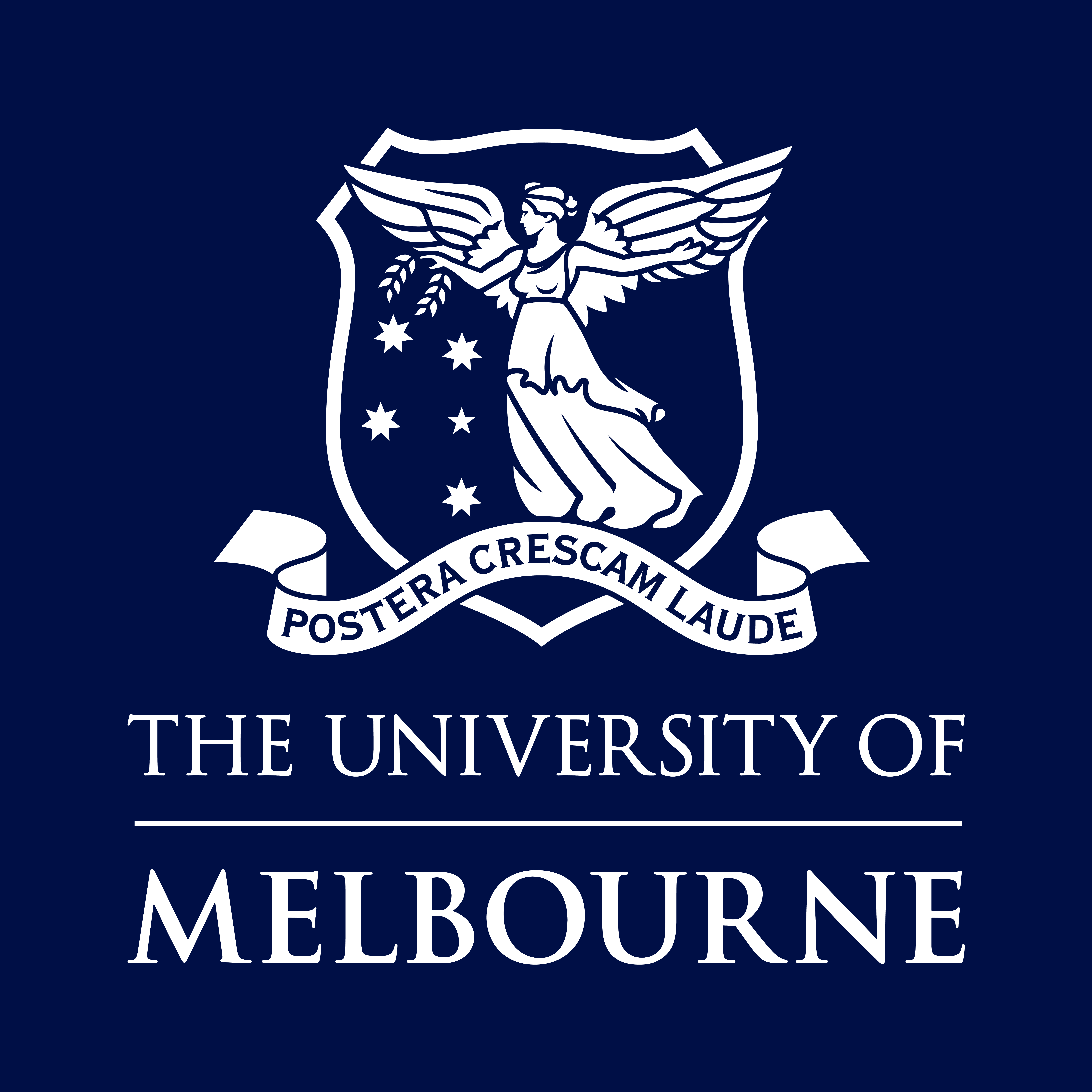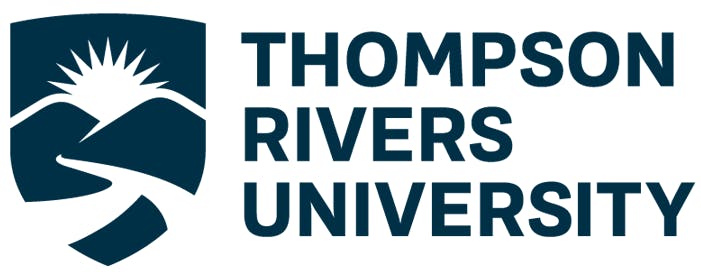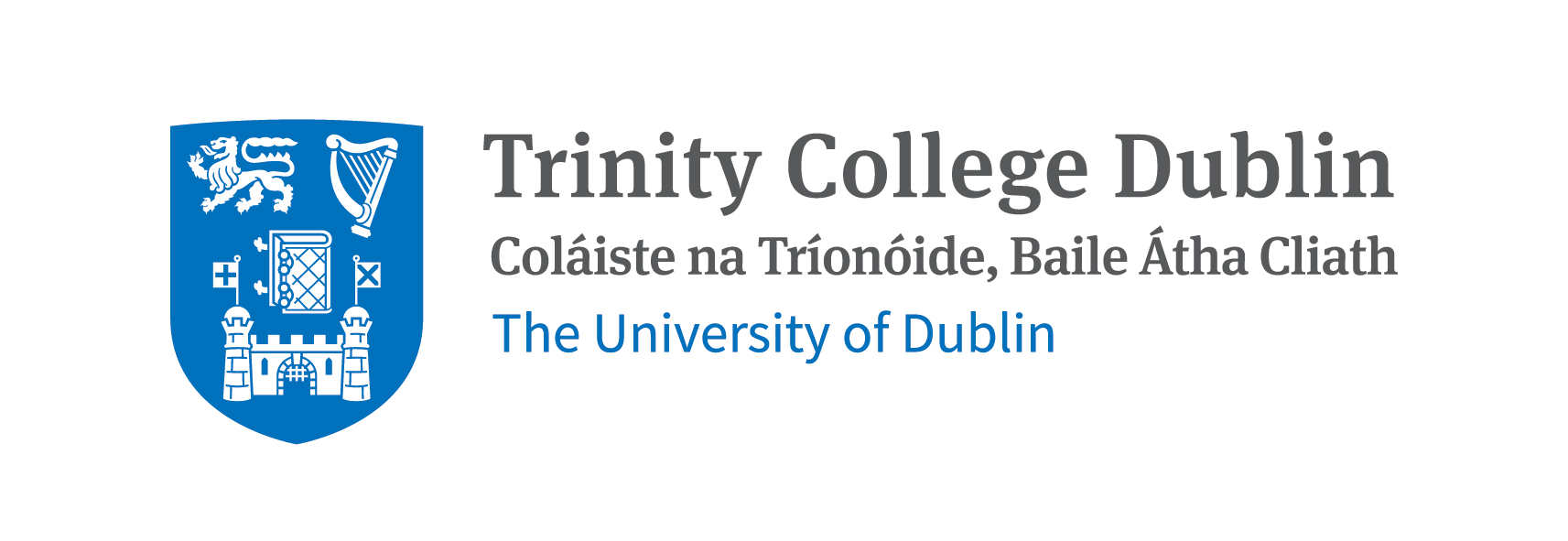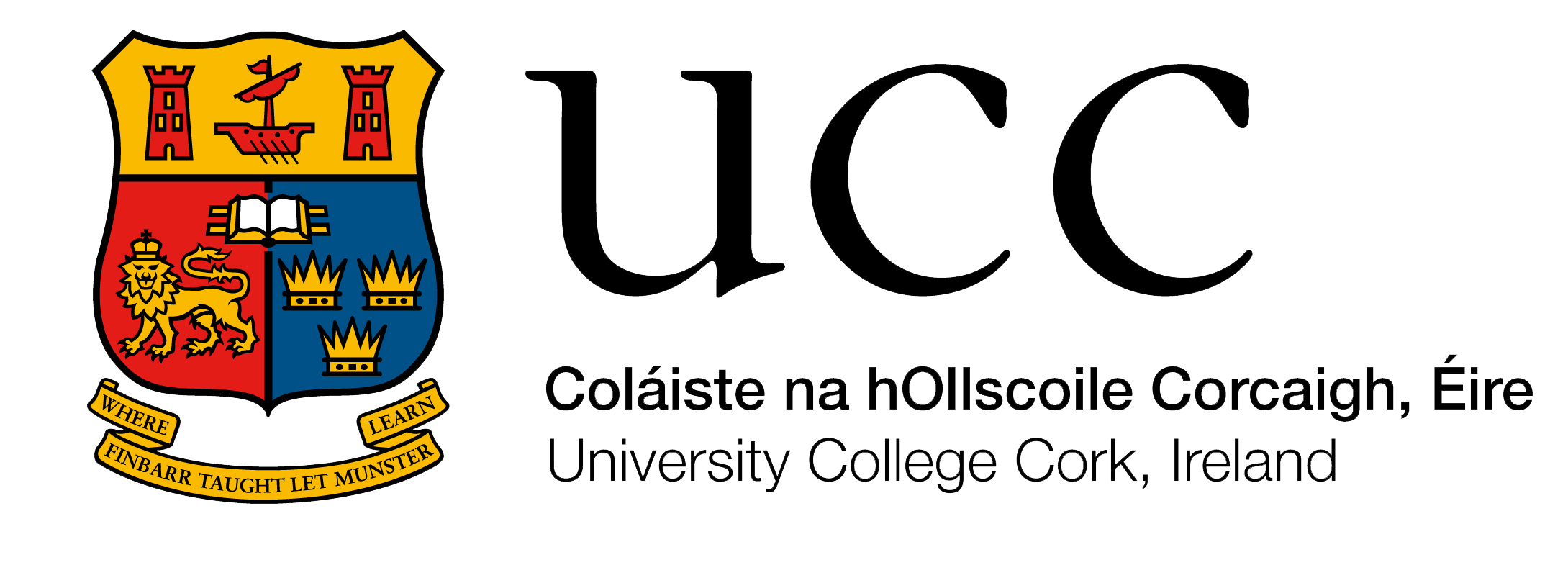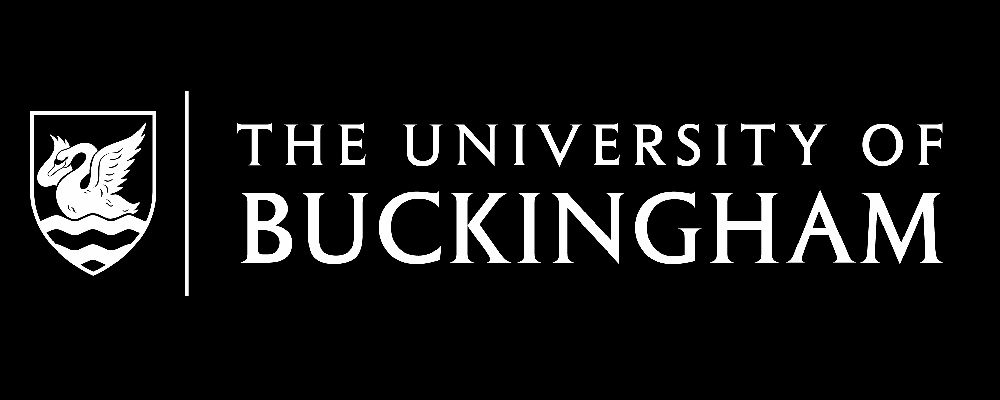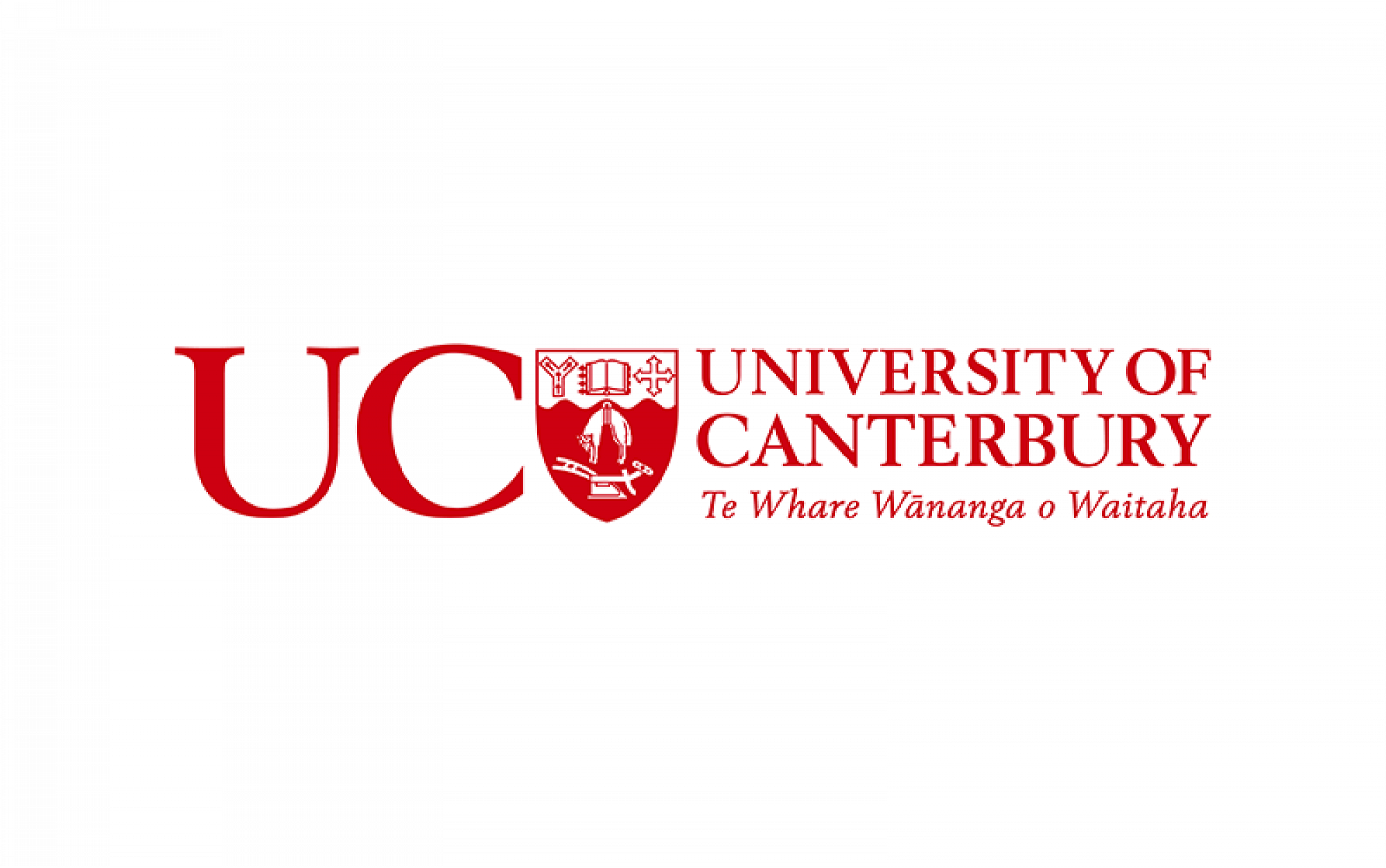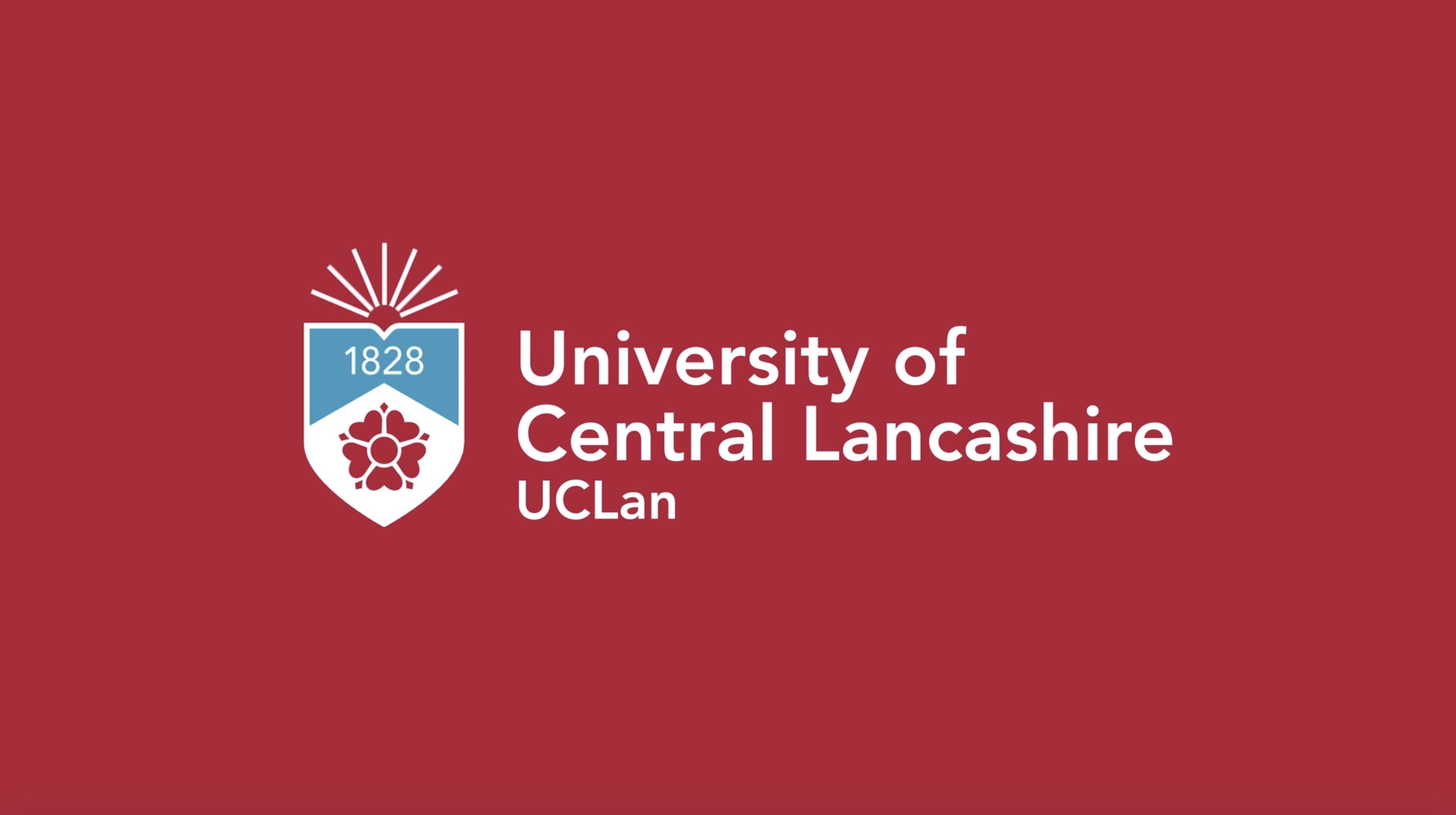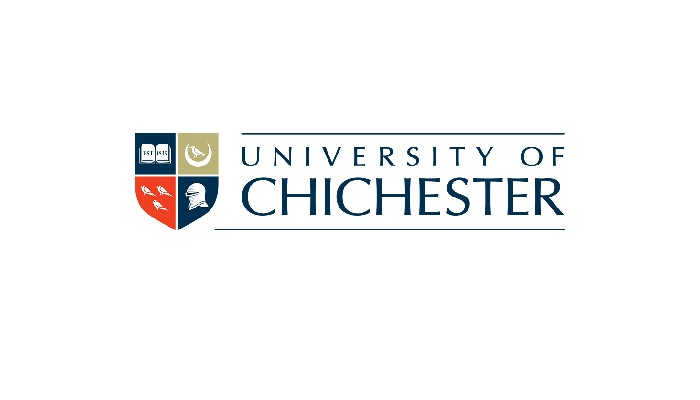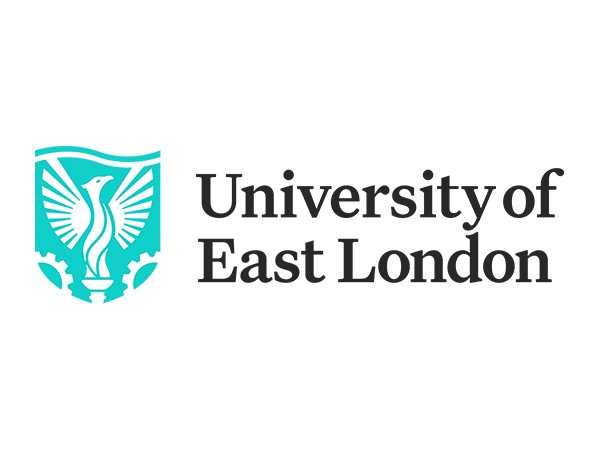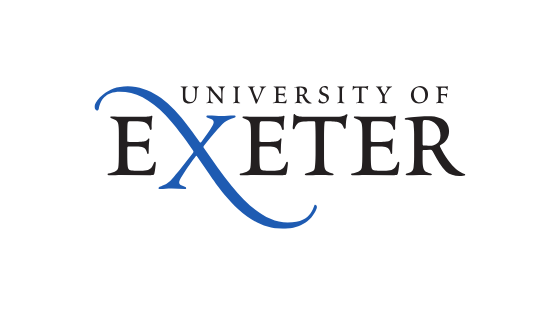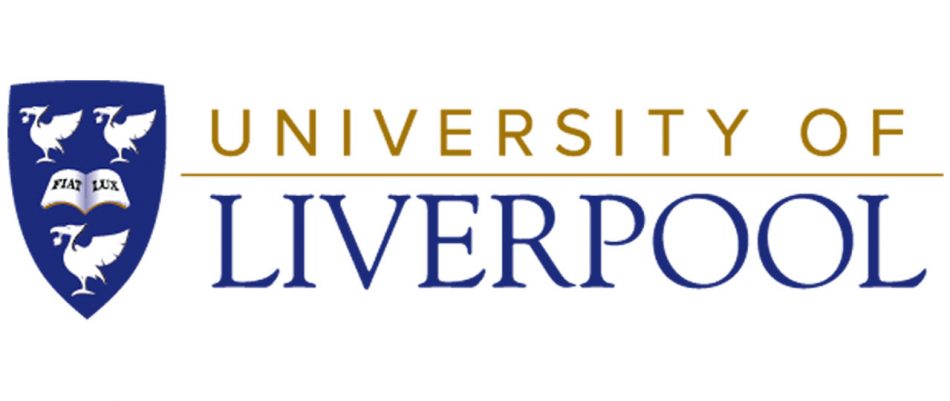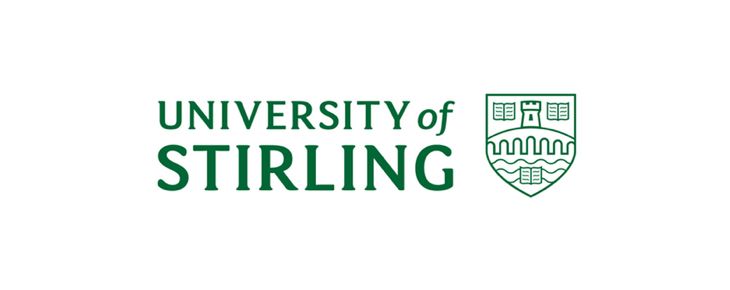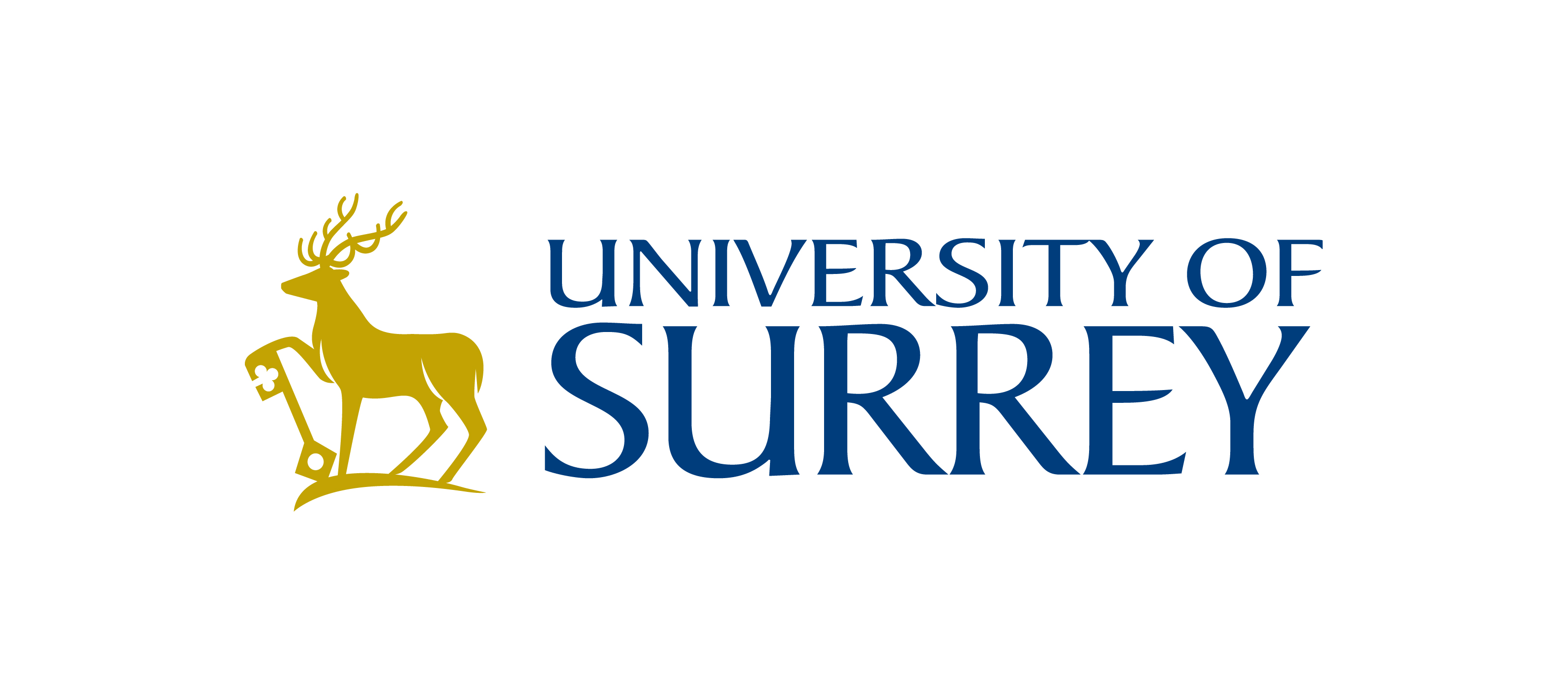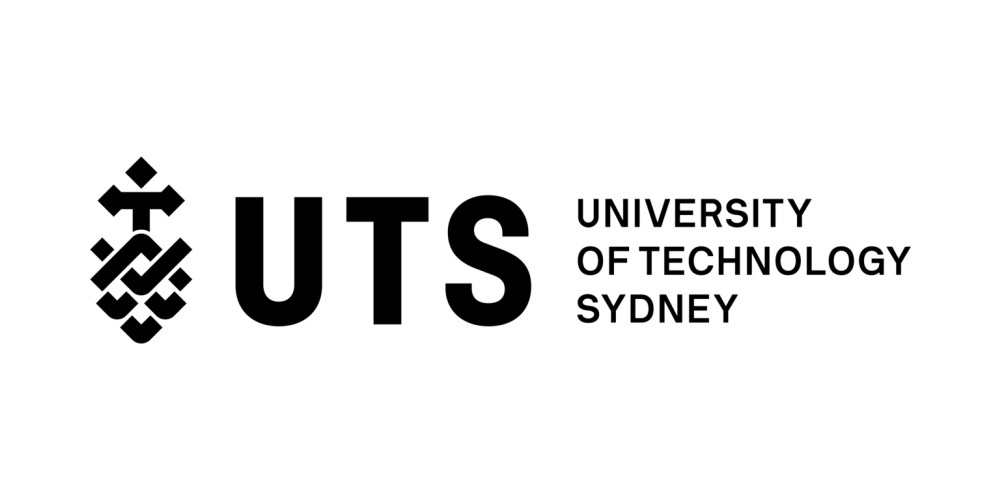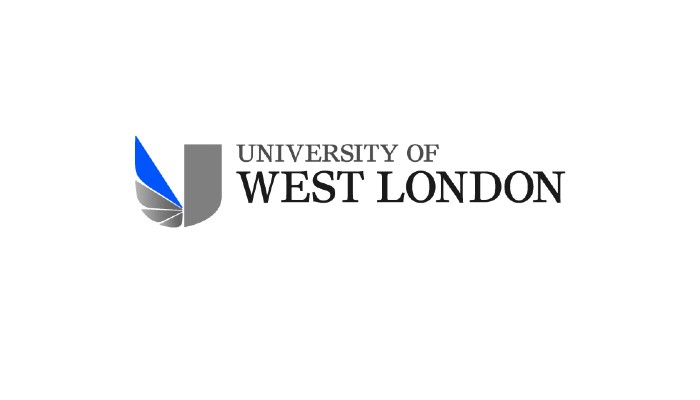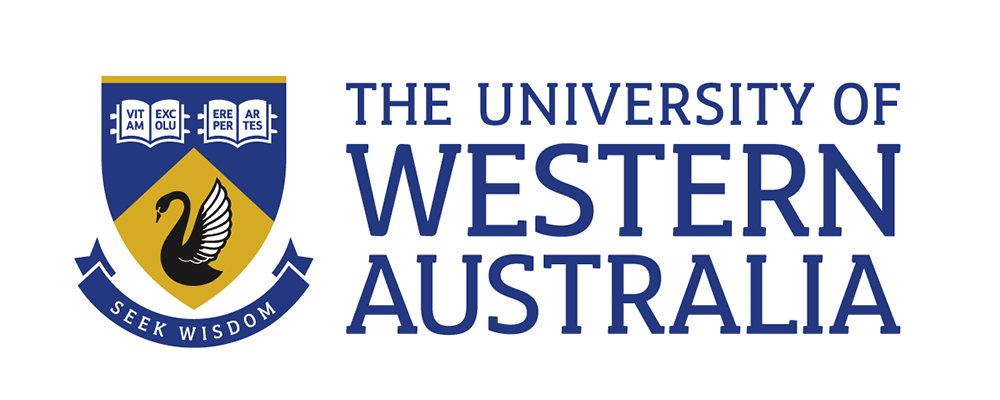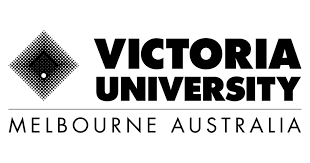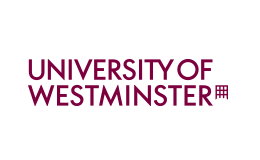Study Law Abroad: A Gateway for Indian Students
Embarking on a legal education abroad opens doors to a world of opportunities for Indian students. With India's growing global connections, studying law internationally equips you with a blend of domestic and international legal perspectives. Whether you're aiming for a career in corporate law, human rights, or international arbitration, pursuing a law degree abroad enhances your skills, networks, and employability. This page explores everything you need to know about law courses abroad, tailored for aspiring Indian lawyers.
Why Choose to Study Law Abroad?
India's legal system is vast and complex, but international exposure adds immense value. Studying law abroad offers:
- Global Recognition: Degrees from top universities are highly respected, giving you an edge in competitive job markets.
- Diverse Legal Systems: Learn about common law (UK, Australia), civil law (Europe), or mixed systems, broadening your expertise beyond India's common law framework.
- Practical Training: Many programs include internships, moot courts, and clinics, providing hands-on experience.
- Career Boost: Graduates often secure roles in multinational firms, NGOs, or even return to India with international credentials for top law firms like Amarchand Mangaldas or Cyril Amarchand Mangaldas.
- Cultural Immersion: Adapt to multicultural environments, essential for global legal practice.
For Indian students, this path also aligns with the Bar Council of India's recognition of foreign degrees, allowing you to qualify for the All India Bar Examination (AIBE) upon return.
Popular Destinations for Law Studies
Choosing the right country depends on your goals, budget, and preferred legal tradition. Here's a breakdown of top destinations:
| Country | Key Highlights | Average Tuition (per year, in INR) | Post-Study Work Visa |
|---|---|---|---|
| United Kingdom | Home to Oxford and Cambridge; focuses on common law; 1-year LLM programs. | 20-40 lakhs | 2 years |
| United States | Juris Doctor (JD) for undergrad entry; emphasis on practical skills and specializations. | 30-60 lakhs | OPT up to 3 years |
| Australia | Affordable options; strong in international and environmental law; vibrant student life. | 15-30 lakhs | 2-4 years |
| Canada | Multicultural; dual degrees available; pathways to permanent residency. | 20-35 lakhs | 3 years |
| Singapore | Asia's legal hub; short courses; proximity to India. | 25-45 lakhs | 1 year |
The UK is ideal for quick, intensive programs, while the US suits those seeking depth in specializations like intellectual property law.
Types of Law Courses Available
Law programs vary by level and focus. Indian students typically enter after completing a bachelor's (like BA LLB) or pursue advanced studies.
Undergraduate Programs
- LLB (Bachelor of Laws): 3-4 years; entry after 12th grade. Popular in the UK and Australia for direct entry.
- BA/BSc LLB: Integrated programs combining arts/science with law, similar to Indian 5-year courses.
Postgraduate Programs
- LLM (Master of Laws): 1-2 years; specializations in corporate, international, or human rights law. Requires a prior law degree.
- JD (Juris Doctor): 3 years in the US; professional doctorate for practicing law.
- MPhil/PhD: Research-focused for academia or policy roles.
Specializations
Choose based on interests:
- International Law: Covers trade, diplomacy; ideal for UN or WTO careers.
- Corporate/Commercial Law: Focuses on mergers, finance; high demand in India's booming economy.
- Human Rights/Environmental Law: Addresses global issues; opportunities with NGOs like Amnesty International.
- Intellectual Property Law: Protects innovations; relevant for India's tech sector.
Many universities offer flexible online or hybrid options post-COVID, allowing Indian students to balance studies with work.
Eligibility Criteria for Indian Students
Admission requirements are straightforward but competitive. Key points:
- Academic Qualifications: Minimum 50-60% in 12th grade for undergrad; 55%+ in bachelor's for postgraduate. Indian boards like CBSE/ICSE are widely accepted.
- Entrance Exams:
- UK: LNAT (Legal National Admissions Test).
- US: LSAT (Law School Admission Test).
- Australia/Canada: No specific test; university-specific assessments.
- English Proficiency: IELTS (6.5+ overall) or TOEFL (90+); some waive for Indian students from English-medium schools.
- Work Experience: Preferred for LLM; 1-2 years in law firms or courts helps.
- Documents: Transcripts, SOP (Statement of Purpose), LORs (Letters of Recommendation), resume.
Start preparing 12-18 months in advance. Services like our study abroad counselors can guide you through this.
Top Universities for Law Abroad
Select from globally ranked institutions (QS World Rankings 2023 basis):
- University of Oxford, UK: Renowned for tutorial system; LLM in International Human Rights Law.
- Harvard Law School, USA: Elite network; JD with clinics in public interest law.
- University of Melbourne, Australia: Strong in Asian legal studies; affordable scholarships.
- University of Toronto, Canada: Focus on indigenous and comparative law; diverse faculty.
- National University of Singapore (NUS): Top in Asia; LLM in Asian Legal Studies, perfect for India-Singapore ties.
These universities boast alumni in high courts, ICC, and Fortune 500 legal teams.
Career Prospects After Studying Law Abroad
A foreign law degree supercharges your career. Internationally, expect starting salaries of USD 60,000-100,000 (INR 50-80 lakhs). In India, returnees often join as associates in Tier-1 firms, earning INR 15-30 lakhs annually.
Opportunities include:
- Legal Practice: Solicitor/barrister roles abroad; or advocate in India after AIBE.
- Corporate Sector: In-house counsel for companies like Tata or Reliance.
- Academia/Research: Teaching at NLSIU Bangalore or NLU Delhi.
- International Organizations: World Bank, UNHCR; leverage global networks.
- Entrepreneurship: Start legal consultancies focusing on cross-border issues.
Post-study work visas allow 1-4 years to gain experience, with many transitioning to permanent residency.
Scholarships and Financial Aid
Funding is crucial for Indian students. Explore these options:
- University Scholarships: Oxford's Clarendon Fund (full tuition); Harvard's need-based aid.
- Government Schemes: UK's Chevening Scholarships (fully funded for Indians); Australia's Endeavour Awards.
- Indian-Specific: Inlaks Shivdasani Foundation (up to USD 100,000); JN Kennedy Memorial Trust for US/UK.
- Loans: From SBI or HDFC Credila; low-interest education loans up to INR 1.5 crore.
- Research and Shortlist: Identify 5-8 universities via QS rankings and our portal.
- Prepare Documents: Get transcripts attested by Indian authorities.
- Take Exams: Schedule IELTS/LSAT 3-6 months early.
- Apply Online: Through university portals or UCAS (UK); deadlines: Sept-Jan for fall intake.
- Interviews: Prepare for virtual panels discussing legal ethics.
- Secure Funding: Apply for scholarships simultaneously.
- Visa Application: After offer letter; requires proof of funds and ties to India.
- UK Tier 4: CAS from university; biometrics in VFS centers.
- US F-1: SEVIS fee; interview at US embassy.
- Australia Subclass 500: GTE statement to prove genuine intent.
Average total cost: INR 50-100 lakhs for a 1-3 year program, including living expenses (INR 10-15 lakhs/year). Part-time jobs (20 hours/week) can offset costs.
Application Process: Step-by-Step Guide
Navigate admissions smoothly with these steps:
Our team assists with mock interviews and document checks.
Visa and Immigration Tips
Student visas are student-friendly. For Indians:
Success rate: 80-90% with complete docs. Maintain attendance and avoid unauthorized work to extend stays.
Conclusion: Your Legal Journey Awaits
Studying law abroad isn't just an education—it's a transformation. For Indian students, it bridges local expertise with global standards, paving the way for impactful careers. With rising demand for skilled lawyers in India's USD 5 trillion economy, now is the time to invest in your future. Contact our advisors today to start your application and turn your legal dreams into reality.




























